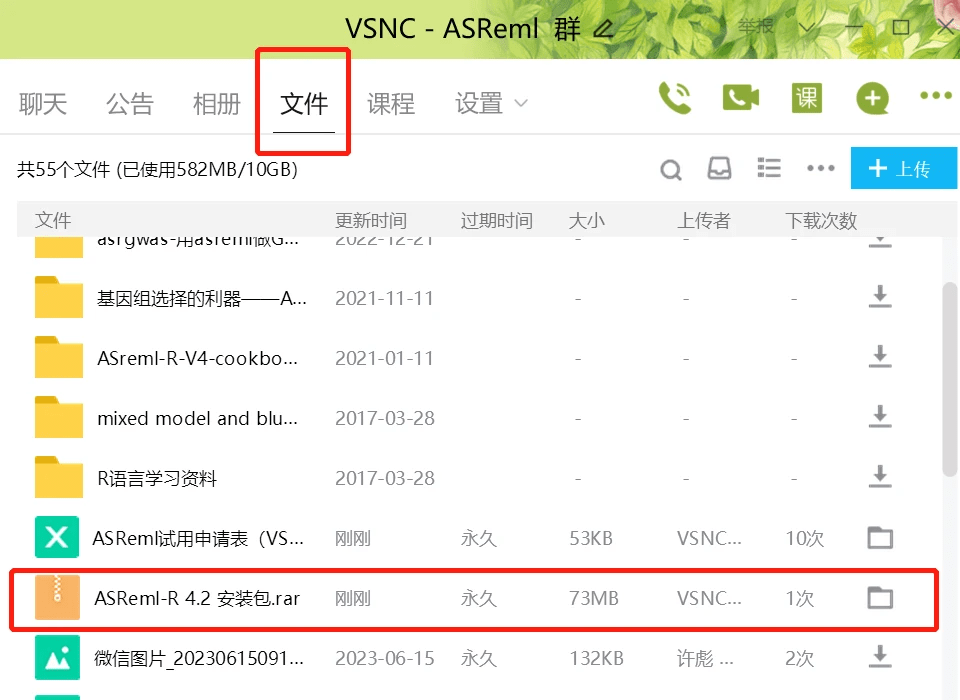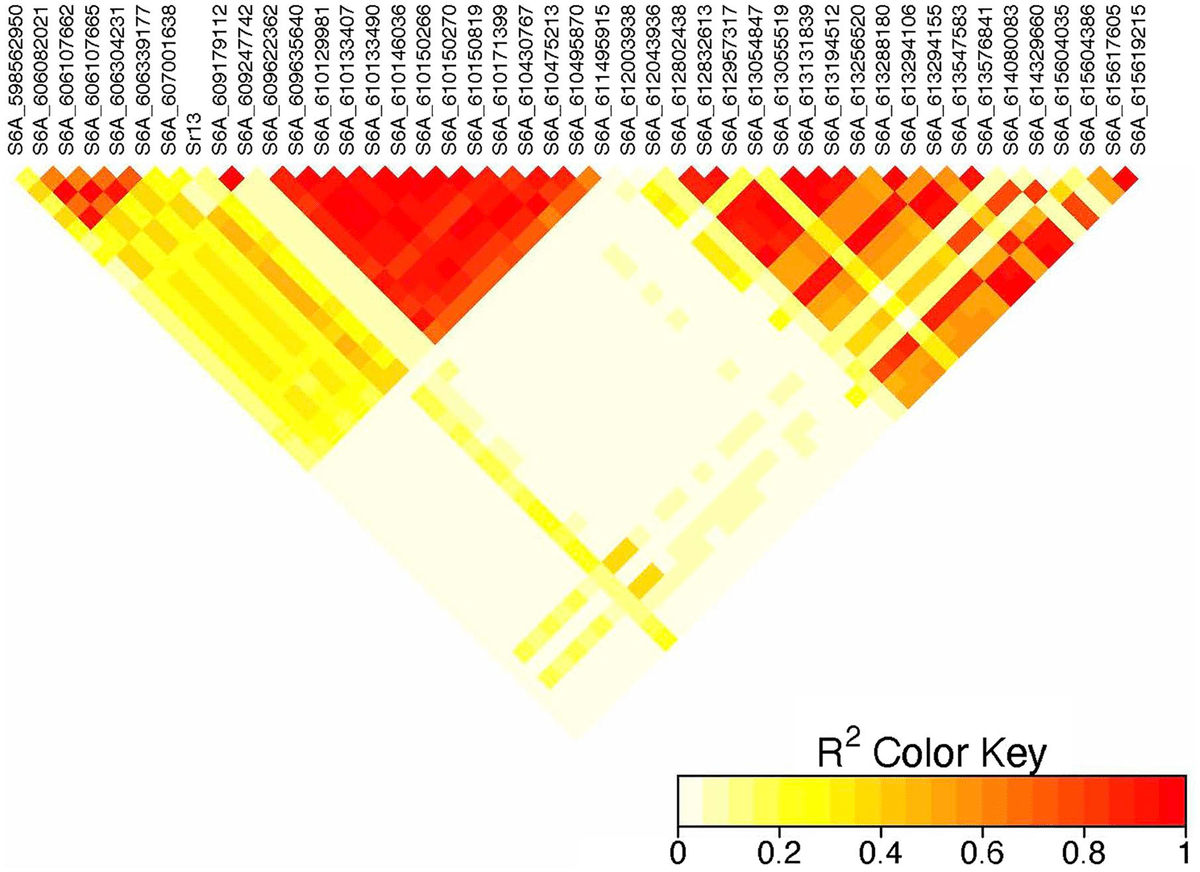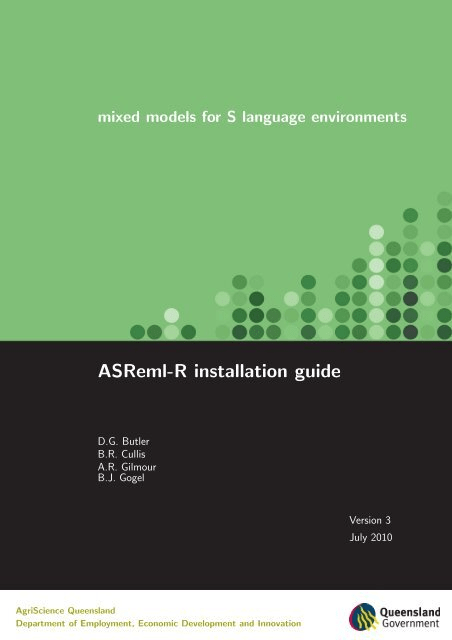Some of the aspects to address will include: 1) why fixed or random effects? 2) complex field experiments that require LMM, 3) dealing with unbalanced data, 4) correlation on time: repeated measures, and 5) correlation on space: spatial analysis. Augments ASReml-R in Fitting Mixed Models and Packages Generally in Exploring Prediction Differences. A Short Introduction to ASReml-R (ASReml-R01) (Course expiry: 90 days after purchase. ASReml-R 4.2 is a statistical package that fits linear mixed models using Residual Maximum Likelihood (REML) in the R environment. Theoretical details will be kept to a minimum but several examples will be presented and fully discussed.
In this workshop, illustration with real datasets of analysis of LMM will be presented using ASReml-R, a library from the statistical package R. The main aim of this workshop is to train scientists in LMM with the aim of promoting sound scientific research based on good statistical thinking and practice that requires proper use and critical interpretation of the outcomes and coding of the models. They allows for a different type of inference and also allows to incorporate correlation and heterogeneous variances between the observations. The numbers in the Replacement in Version 4 table column refer to the PDF document sections Navigating from ASReml-R Version 3 to 4. Ticket Required to Attend: Linear mixed models (LMM) extend the traditional linear model by allowing a more flexible specification of the errors (and other random factors). The table below is a list of terms (arguments, functions, objects, methods) in Version 3 that have been removed, deprecated or deleted, with their replacement and reason for replacement in Version 4.



